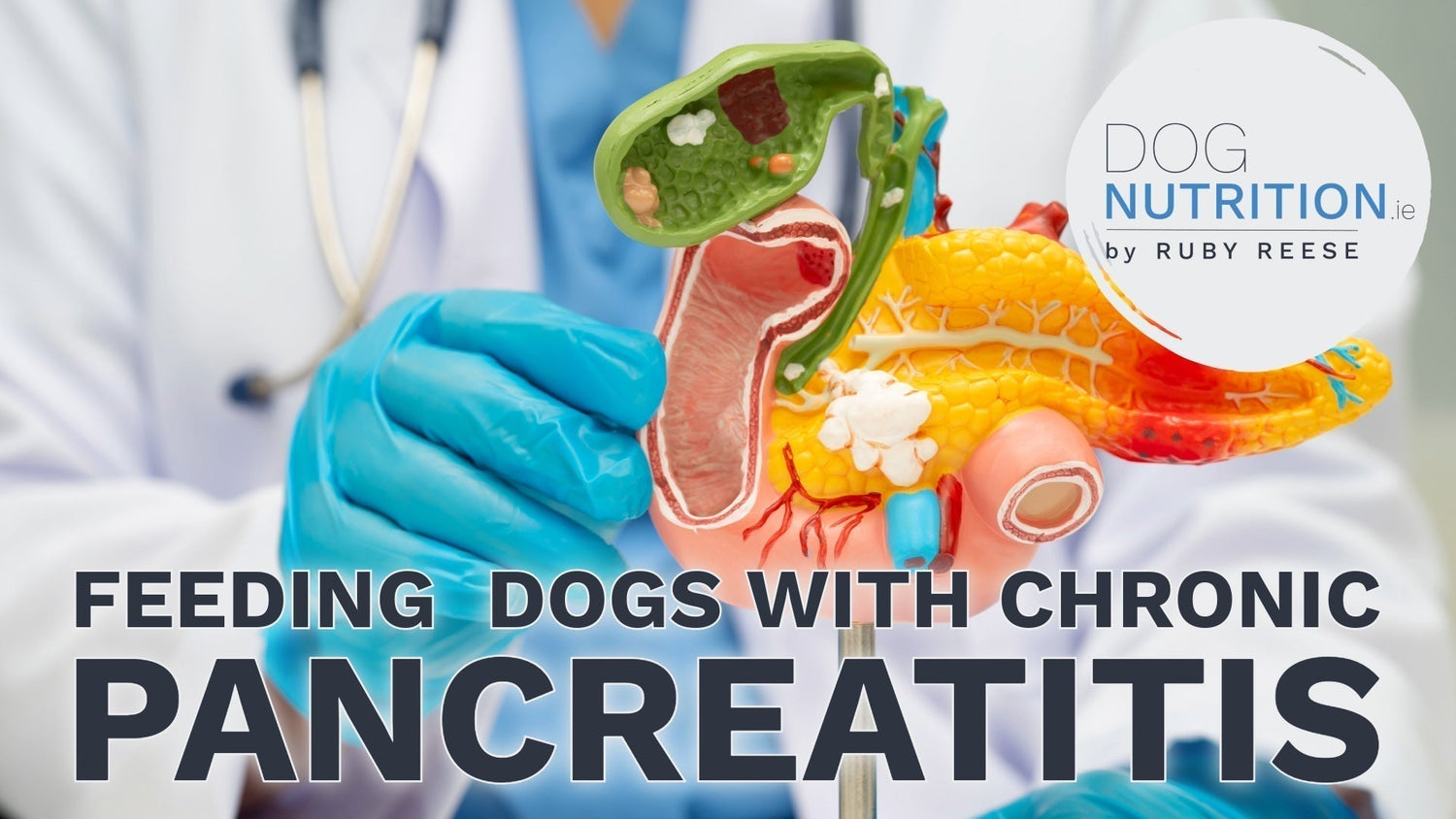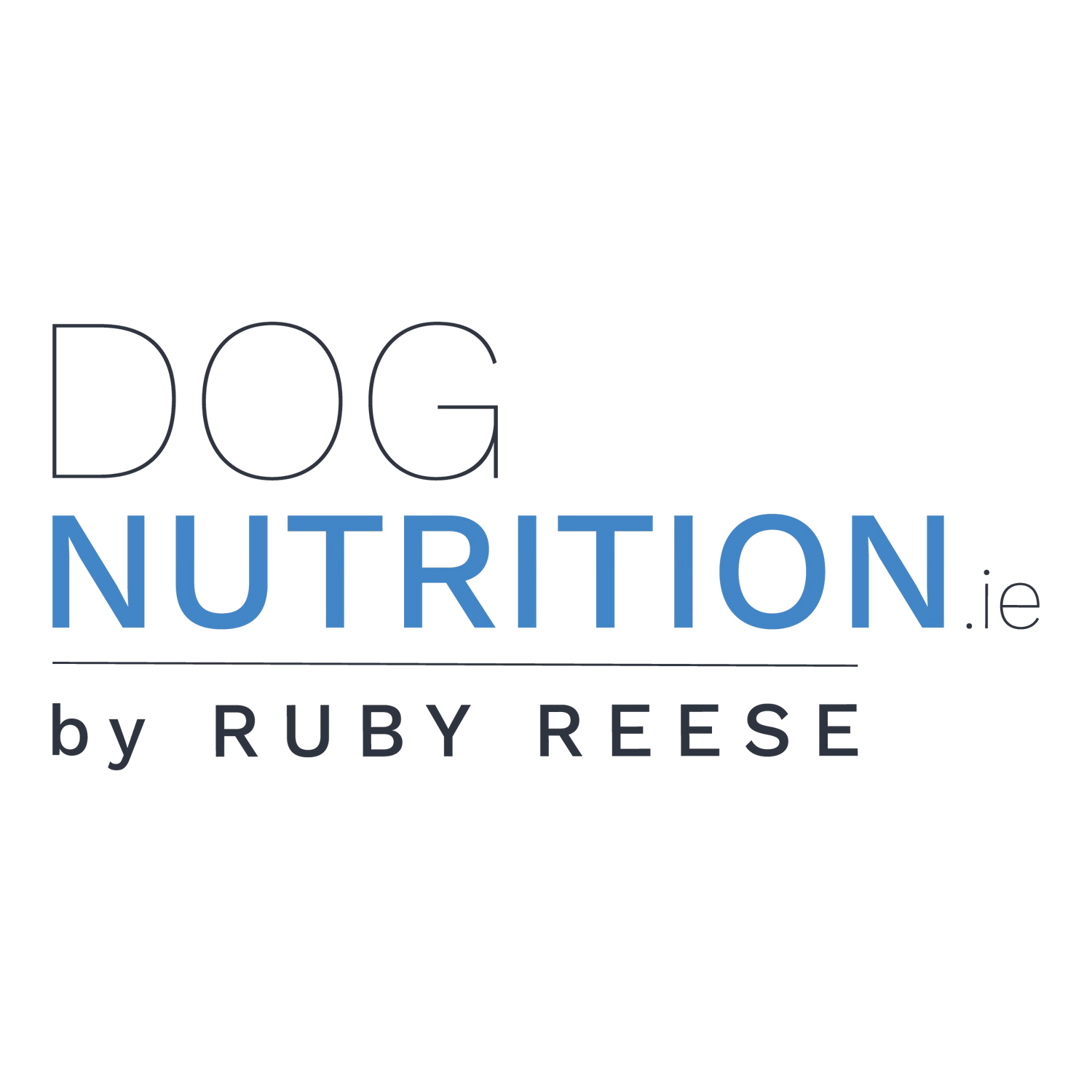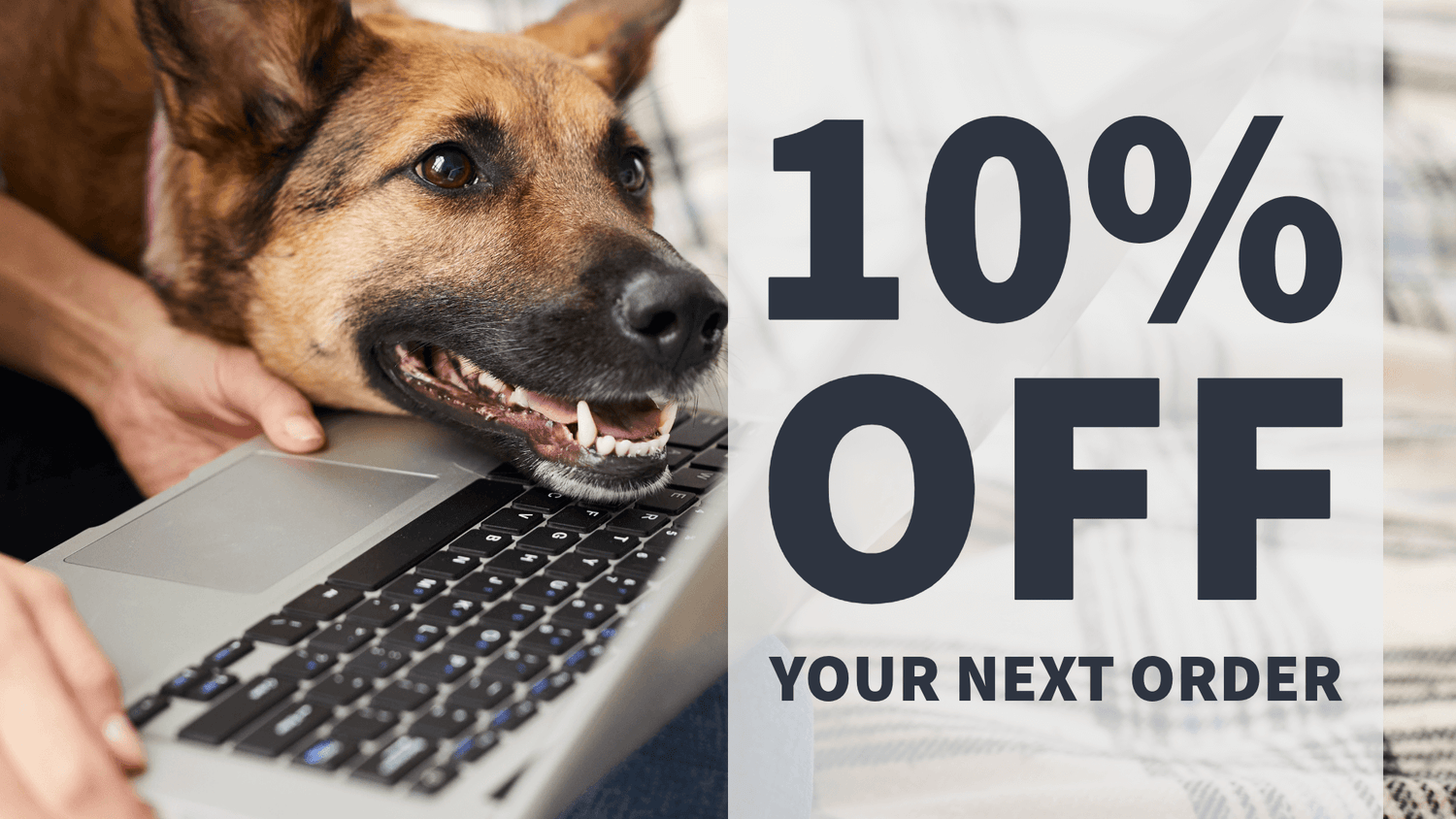Why Consulting a Canine Nutritionist Can Benefit Dogs with Chronic Pancreatitis
Hearing that your dog has chronic pancreatitis can be unsettling. This condition, which involves ongoing inflammation of the pancreas, often leads to recurring digestive upset, pain, and long-term dietary restrictions. For pet guardians, managing pancreatitis can feel like walking a nutritional tightrope - choosing foods that prevent flare-ups while still nourishing and satisfying your dog.
While veterinarians are essential for diagnosing and treating pancreatitis, a canine nutritionist can play a vital role in managing the condition through diet. By tailoring meals to your dog’s specific needs, a nutritionist can help reduce flare-ups, support digestive health, and improve your dog’s overall quality of life.
In this article, we’ll explore the nature of chronic pancreatitis, why diet is so important in managing it, and how a canine nutritionist can provide personalised guidance that makes a meaningful difference.
Understanding Chronic Pancreatitis in Dogs
The pancreas has two main jobs: producing enzymes that help digest food and releasing hormones like insulin that regulate blood sugar. In pancreatitis, the pancreas becomes inflamed and may even begin to "digest itself," leading to pain, vomiting, diarrhoea, and loss of appetite.
There are two main forms:
- Acute pancreatitis: Sudden, severe inflammation, often requiring hospitalisation.
- Chronic pancreatitis: Long-term, recurring inflammation that gradually damages the pancreas.
Chronic pancreatitis is especially challenging because it doesn’t go away - it requires ongoing management. Over time, it can impair digestion and even lead to diabetes or exocrine pancreatic insufficiency (EPI).
Why Diet Matters in Pancreatitis
Dietary management is the cornerstone of treatment for chronic pancreatitis. Even small dietary missteps - like a fatty table scrap or an inappropriate treat - can trigger painful flare-ups.
The goals of a pancreatitis-friendly diet include:
- Reducing fat intake to prevent over-stimulating the pancreas.
- Supporting digestion with easily digestible, low-fat ingredients.
- Maintaining nutrient balance despite restrictions.
- Preventing weight loss and nutrient deficiencies common in chronic cases.
This balancing act can be difficult for pet parents to navigate alone, especially with the overwhelming and sometimes conflicting information available online. That’s where a canine nutritionist comes in.
How a Canine Nutritionist Can Help
Some canine nutritionists, like Chris at dognutrition.ie, have completed advanced courses to design diets that support your dog’s pancreatitis diagnosis. Here are some ways a nutrition specialist can help you with chronic pancreatitis:
1. Creating Individualised Meal Plans
No two dogs with pancreatitis are alike. A nutritionist takes into account:
- The severity and frequency of flare-ups
- Body condition, age, and activity level
- Concurrent conditions such as diabetes, obesity, or kidney disease
- Food preferences and tolerances
- Feeding style suitable for the dog and their household
By considering all of these factors, they can build a customised plan that not only manages pancreatitis but also supports your dog’s overall health.
2. Controlling Dietary Fat
Excess dietary fat is the most significant dietary risk factor for pancreatitis flare-ups. But fat restriction isn’t as simple as buying the lowest-fat kibble on the shelf. Too little fat can lead to deficiencies and poor palatability, while too much fat increases the risk of relapse.
A nutritionist helps by:
- Determining the appropriate fat percentage for your dog’s unique needs.
- Choosing lean protein sources that are still digestible and appetising for the individual.
- Adjusting fat content gradually if needed to balance health and enjoyment.
3. Optimising Digestibility
Digestive upset is common in chronic pancreatitis, so nutritionists focus on highly digestible diets. This minimises strain on the digestive system while ensuring nutrients are absorbed effectively.
They may recommend:
- Lean meats like skinless chicken, turkey, or certain fish.
- Easily digestible carbohydrates.
- Fibre adjustments depending on stool quality.
- Supplements to balance out any deficiencies.
The result is less gastrointestinal stress and more consistent energy for your dog.
4. Supporting Nutrient Balance
Restricting fat can inadvertently reduce calorie intake and limit certain fat-soluble vitamins (A, D, E, and K). Dogs with chronic pancreatitis may also be at risk of deficiencies in B vitamins, minerals, and essential fatty acids.
A nutritionist ensures that your dog’s diet remains complete and balanced by:
- Supplementing key vitamins and minerals if needed.
- Recommending safe, pancreatitis-appropriate sources of omega-3 fatty acids.
- Preventing deficiencies that could worsen overall health.
5. Managing Complications and Co-Conditions
Chronic pancreatitis often doesn’t occur in isolation. Dogs may also develop:
- Diabetes mellitus
- Exocrine pancreatic insufficiency (EPI)
- Obesity or weight loss
A canine nutritionist can adjust diets to manage these overlapping conditions, ensuring that nutrition supports the whole dog - not just the pancreas.
6. Guiding Safe Home-Cooked Diets
Many pet parents with dogs suffering from pancreatitis turn to home-cooked meals for greater control over ingredients. However, designing a balanced, low-fat home diet is something for a professional canine nutritionist.
A nutritionist can:
- Provide precise recipes tailored to pancreatitis.
- Recommend appropriate supplements to avoid nutrient gaps.
- Adjust recipes based on lab work and changing health needs.
This gives you the freedom of home preparation without the risks of nutritional imbalance.
7. Collaborating with Veterinarians
At dognutrition.ie we are happy to work closely with your vet, integrating lab results, medications, and overall health status into dietary planning. This collaboration ensures that your dog’s care is coordinated and comprehensive. We also like working with trainers, behaviourists and physiotherapists if they are part of your dog’s support network. A collaborative approach can make all the difference for dogs struggling with pancreatitis.
Benefits for Pet Owners
Consulting a canine nutritionist not only helps your dog but also gives you:
- Peace of mind that meals are not likely to trigger flare-ups.
- Clarity in a world of conflicting dietary advice.
- Confidence in choosing foods and treats.
- Support when managing multiple health concerns.
Instead of guessing which diet is best, you’ll have expert guidance at every stage.
Practical Tips for Getting Started
If you’re considering working with a canine nutritionist for chronic pancreatitis, here’s how to prepare:
- Talk to your veterinarian first. They can confirm the diagnosis and share lab results.
- Book your appointment with a certified canine nutritionist at dognutrition.ie
- Collect detailed information. Bring records of blood-work, body weight trends, and any history of flare-ups.
- Be open about your preferences. If you prefer commercial food, fresh diets, or home cooking, let your nutritionist know.
-
Understand that adjustments take time. Finding the right balance for your dog may require gradual changes.
Final Thoughts
Chronic pancreatitis is a condition that requires lifelong management, but with the right approach, dogs can live comfortable, happy lives. Nutrition is the most important daily tool you have to prevent flare-ups and support your dog’s health.
We at dognutrition.ie can provide the individualised, science-based guidance needed to design diets that are safe, balanced, and practical. Together with your vet, we can form a team that ensures your dog receives the best possible care.
For pet guardians, this means fewer worries at mealtime, greater confidence in dietary choices, and, most importantly, the reassurance that you are actively helping your dog live a healthier, more comfortable life.




0 comments